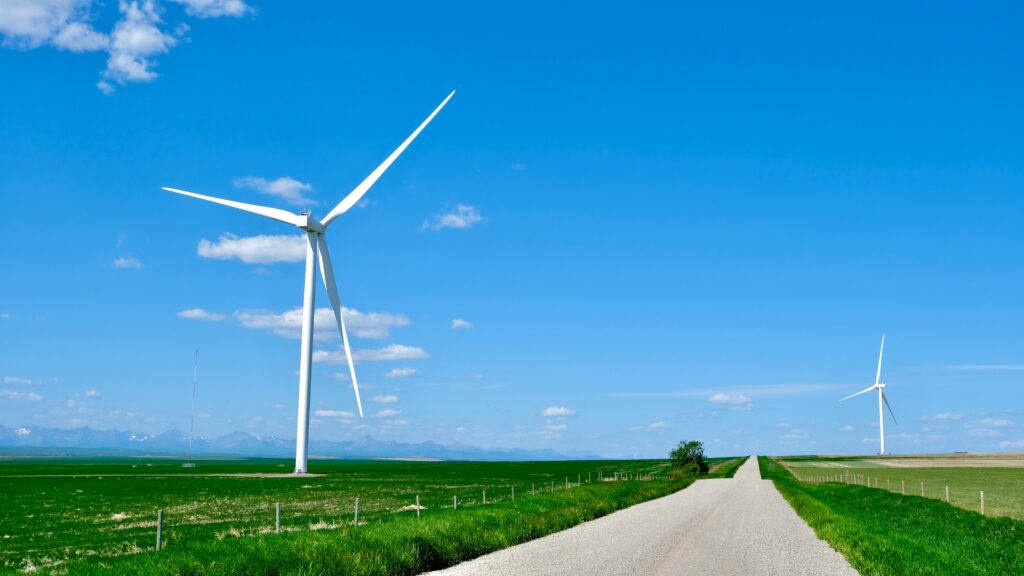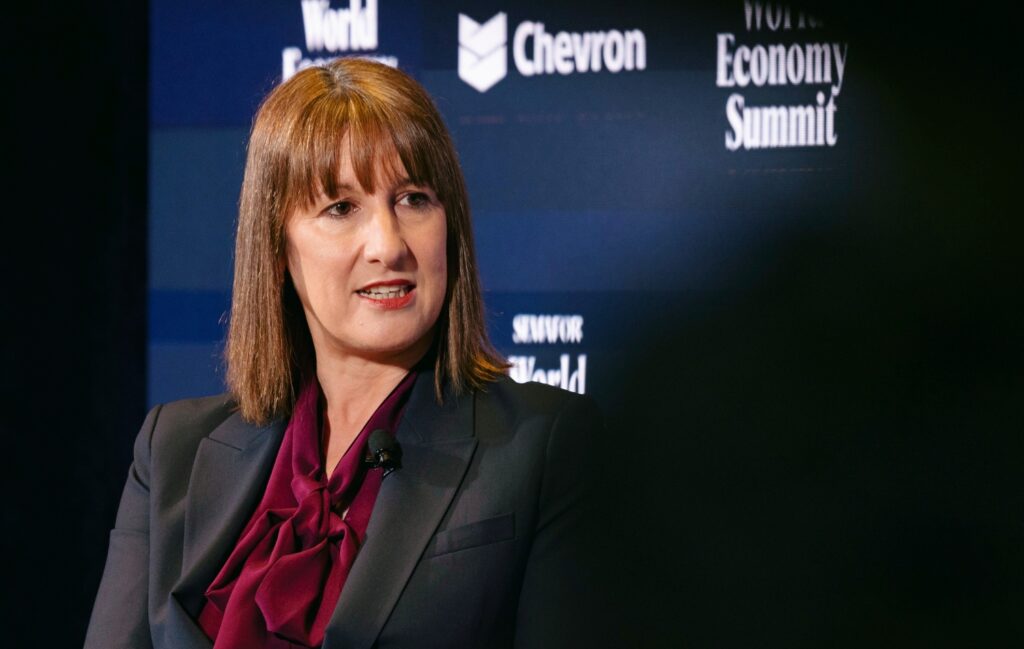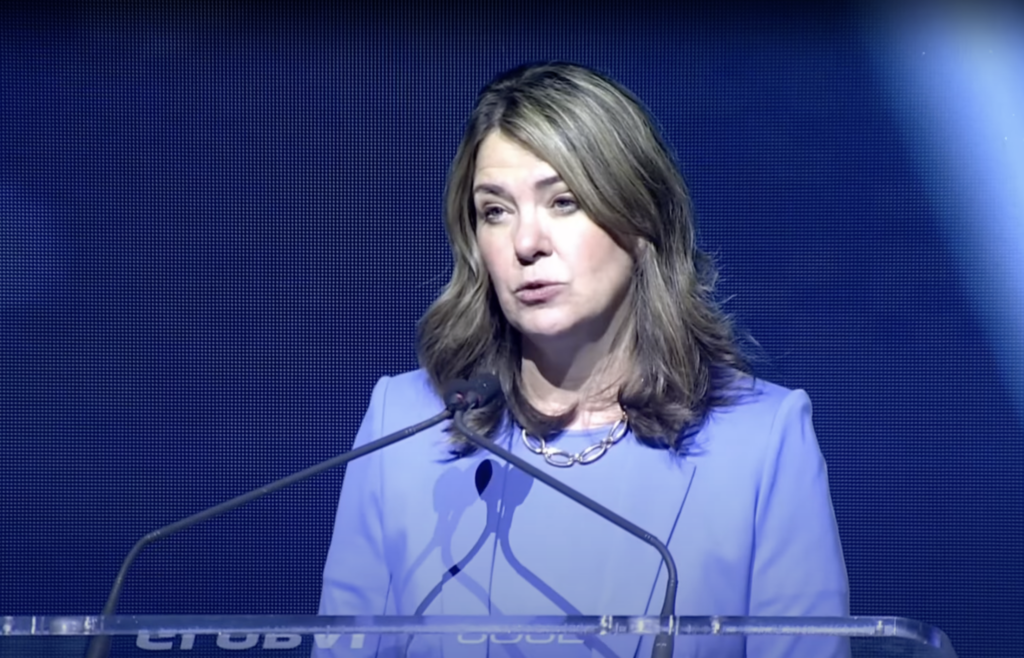BP’s new CEO Bernard Looney made a big announcement this week, saying he wants to “reinvent” the company and ensure it has “net-zero” carbon emissions by 2050.
But alongside such headline-grabbing statements about the company’s future was a little-noticed change with more immediate impact – that the company will cease its “Possibilities Everywhere” advertising campaign.
And not only that, it will also revise its relationship with lobbying groups that it believes are not taking the climate crisis sufficiently seriously.
Like what you’re reading? Support DeSmog by becoming a patron today!
Advertising campaign
The “Possibilities Everywhere” campaign was the company’s biggest global campaign in a decade, and was the source of many complaints and accusations of greenwashing.
The adverts included videos and billboards, and was rolled out online, in newspapers and on social media. Focused on the company’s renewable and low-carbon energy, the adverts highlighted its solar and wind energy projects, despite 96 percent of BP’s annual spending going on fossil fuels.
Environmental lawyers ClientEarth took action against the oil company over the campaign in December 2019, reporting the company under OECD guidelines governing corporate conduct, as well as demanding BP pull its adverts. ClientEarth alleged that the company “was giving the public a misleading impression that it was focused on clean energy investments”.
The lawyers also set up a petition calling for fossil fuel company adverts to display climate change warnings, in the same way tobacco products are required to carry health warnings. A statement on ClientEarth’s website argues that “fossil fuel companies should not be able to buy a good reputation for their climate-damaging products through advertising.”
Looney’s announcement that BP would cease the “Possibilities Everywhere” campaign and not replace it was welcomed by ClientEarth.
Climate Accountability Lead for ClientEarth Sophie Marjanac said: “With today’s announcement, BP appears to have accepted that its approach to advertising was not in line with its stated ambition of helping the world get to net zero and that it was primarily aimed at improving the company’s reputation.”
The announcement to stop the campaign was generally seen by campaigners as a positive move from BP, which has spent millions improving its image, from huge global campaigns to sponsoring local science workshops in schools in order to secure a social licence to operate in small towns.
However, Marjanac said that more needs to be done, and other big oil and gas companies such as Shell, Chevron, Total and Exxon must now follow suit.
Lobbying
Looney also took the opportunity in his speech to announce that he will “lay down the law” on what is and isn’t acceptable in BP’s lobbying.
He said the issue of lobbying is something he is “very, very focused on”, and that BP must not be seen to be saying one thing and doing another.
BP is a member of many lobby groups, most notably the American Petroleum Institute, which according to thinktank InfluenceMap, the company has a strong relationship with. BP is also a member of American Fuel and Petrochemical Manufactures, a lobby group that Shell announced it would be leaving this year due to disagreement over climate policies.
BP’s announcement has raised a few eyebrows among those familiar with the companies’ tactics.
Belén Balanyá, a climate and energy researcher at campaign group Corporate Europe Observatory told DeSmog that she is sceptical about BP’s announcement, as this is not the first time the company has rebranded. Originally called British Petroleum, it took the name BP in 2000 and introduced the tagline “Beyond Petroleum” in an attempt to emphasise an apparent transition away from oil and gas.
Balanyá tells DeSmog that “until now what their track record shows is that they have kept lobbying to preserve their core business, fossil fuels. They are actually following suit in what other oil and gas companies are doing.” She points to Madrid-based oil and gas company Repsol, which recently announced it would be a net zero emissions company by 2050.
For fossil fuel companies such as BP, “net-zero” is just a buzzword that they are exploiting, she says: “For oil and gas companies, net-zero means keeping burning fossil fuels while increasing a wide range of ‘false solutions’ which are at best dangerous distractions and very often plain harmful for the climate: offsets, carbon markets, carbon capture and storage, gas, forest plantations etc.”
“This is also the tune that major lobby groups are singing now, which will allow BP and others to keep membership of many lobby groups which are actively lobbying to delay, weaken or block effective climate and energy policies while saying they are aiming for climate neutrality, low carbon economy or net-zero emissions.”
Disclaimer: Sophie Marjanac is on DeSmog UK‘s Board of Directors.
Image/video credit: BP/Youtube
Subscribe to our newsletter
Stay up to date with DeSmog news and alerts







